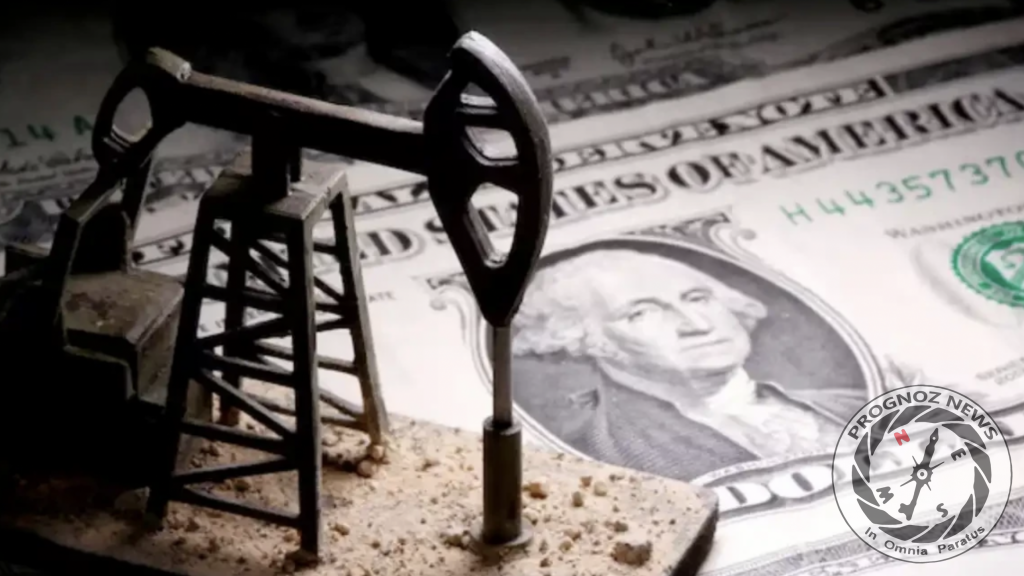𝐒𝐚𝐮𝐝𝐢 𝐀𝐫𝐚𝐛𝐢𝐚 𝐞𝐧𝐝𝐬 𝐭𝐡𝐞 𝐩𝐞𝐭𝐫𝐨𝐝𝐨𝐥𝐥𝐚𝐫 𝐚𝐠𝐫𝐞𝐞𝐦𝐞𝐧𝐭: 𝐖𝐡𝐚𝐭 𝐝𝐨𝐞𝐬 𝐢𝐭 𝐦𝐞𝐚𝐧 𝐟𝐨𝐫 𝐭𝐡𝐞 𝐔𝐒𝐃?
196 ViewsWould the United States economy shriek in response to the demise of the petrodollar? The Saudi central bank has welcomed the Bank for International Settlements (BIS) cross-border central bank digital currency (mBridge) initiative, viewed as a significant step toward reducing global oil trade in US dollars. We suspect that the 1974 “Petrodollar Agreement” between the United States and Saudi Arabia, mandating Saudi Arabia to exclusively sell oil in US dollars, expired on June 9 of this year. Washington and Riyadh have yet to address the issue. The oil-exporting nation receives revenues in US dollars, known as petrodollars. The United States and Saudi Arabia signed the “petrodollar” agreement in response to the oil embargo imposed by OPEC in 1973–1974, which was a result of Washington’s military assistance to Israel. The United States terminated the dollar’s convertibility into gold in 1971, transforming the Bretton Woods system of fixed dollars and gold into a more volatile fiat currency system. On June 9, 1974, the United States and Saudi Arabia reached a significant cooperation agreement. This unique agreement permitted Riyadh to acquire US Treasury bonds prior to their auction. In exchange, Saudi Arabia agreed to sell its crude oil in dollars, invest the proceeds in US debt, and increase the dollar’s liquidity. Saudi Arabia also persuaded other OPEC oil producers to sell their crude oil in US dollars. As a result, Saudi Arabia “pegged” the dollar to oil instead of gold. Dollars are the currency of choice for nearly 80 percent of global oil transactions. However, Russia, Iran, Saudi Arabia, China, and other nations are increasingly using local currencies in their energy trade. The Wall Street Journal predicts that in 2023, foreign currencies will acquire 20 percent of the world’s crude. Economists predict that the United States’ economy will contract and its capacity to issue dollar debt and earn dollars for exports will decrease if global players substantially reduce their use of the US dollar.
@prognoz_news












